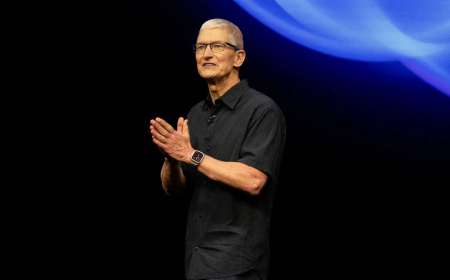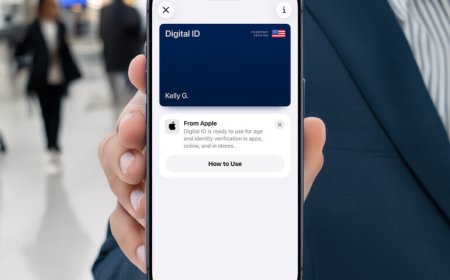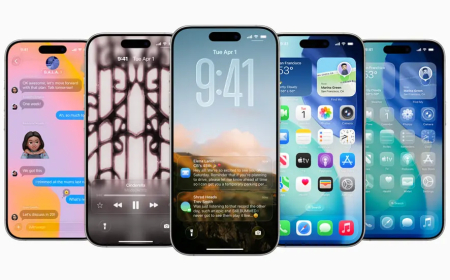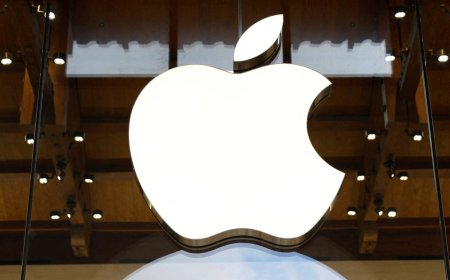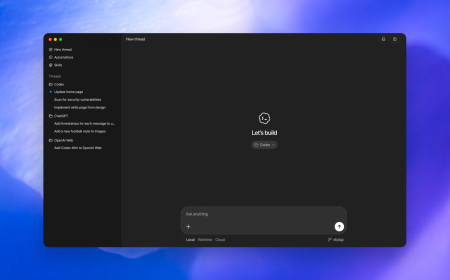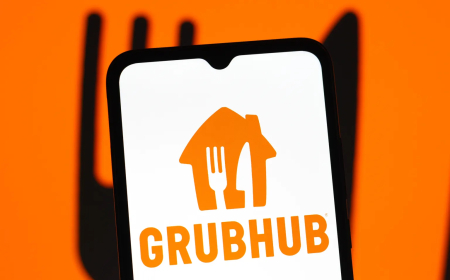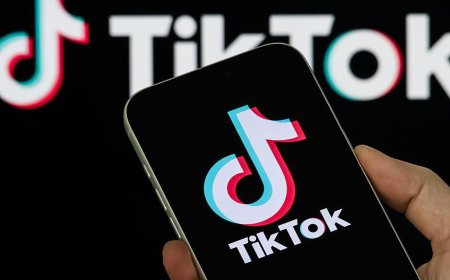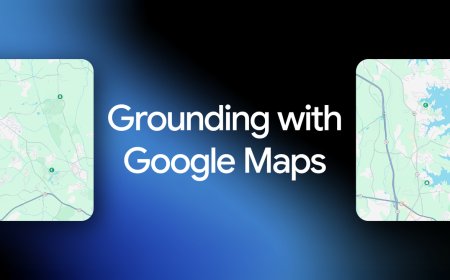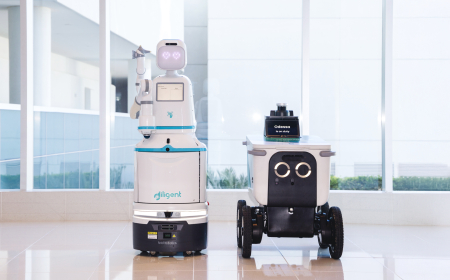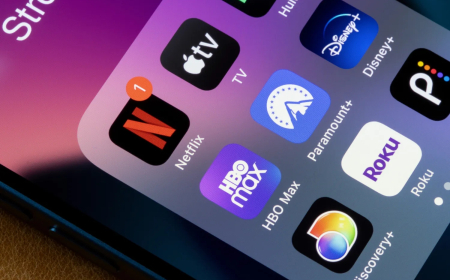Nothing launches AI tool for building mini apps using prompts
Nothing introduces Playground, an AI-powered tool that enables users to create mini-apps and widgets using simple text prompts, marking a new step in AI-driven app development.
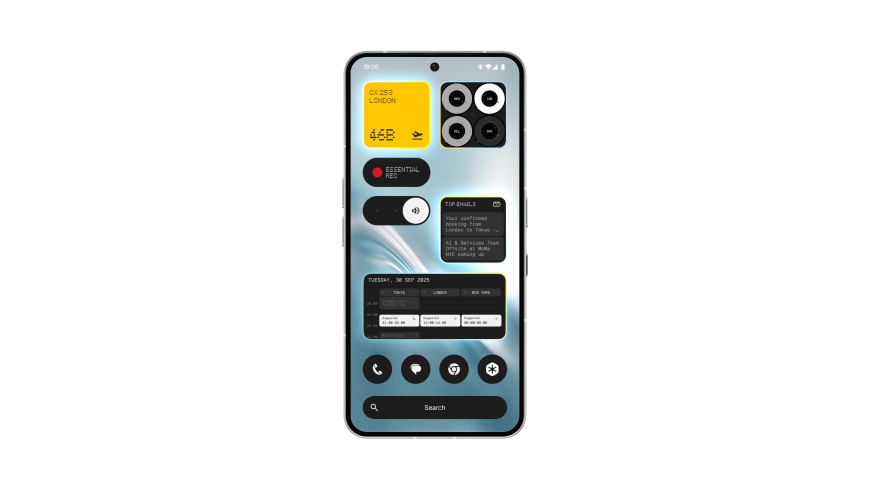
AI-powered app development is really taking off, and smartphone maker Nothing seems intent on capitalising on the trend. The company on Tuesday unveiled Playground, an AI tool that enables users to create apps with simple text prompts and deploy them to a platform known as Essential Apps.
Currently, all Playground lets you build are widgets, such as a flight tracker, a following meeting brief, or a virtual pet, from scratch using text prompts, or customise an existing app on the Essential Apps platform to suit your purposes. More technical users can modify the code to fine-tune the app's functionality.
Nothing suggests that it is yet allowing developers to build full-screen apps, as the technology is not yet mature enough.
The vibe-coding launch is just mere weeks away. Nothing raised $200 million in a round led by Tiger Global. At the time, Nothing CEO Carl Pei said the company wanted to build an operating system with AI-powered features, alongside developing new AI-centric devices.
In a conversation with TechCrunch last week, Pei stated that smartphone makers are reluctant to change their software.
"Something that has always bothered me is why we aren't improving software? A lot of people look at what big companies like Apple do and follow that because that is the safer path. I think software iteration is very slow," Pei said.
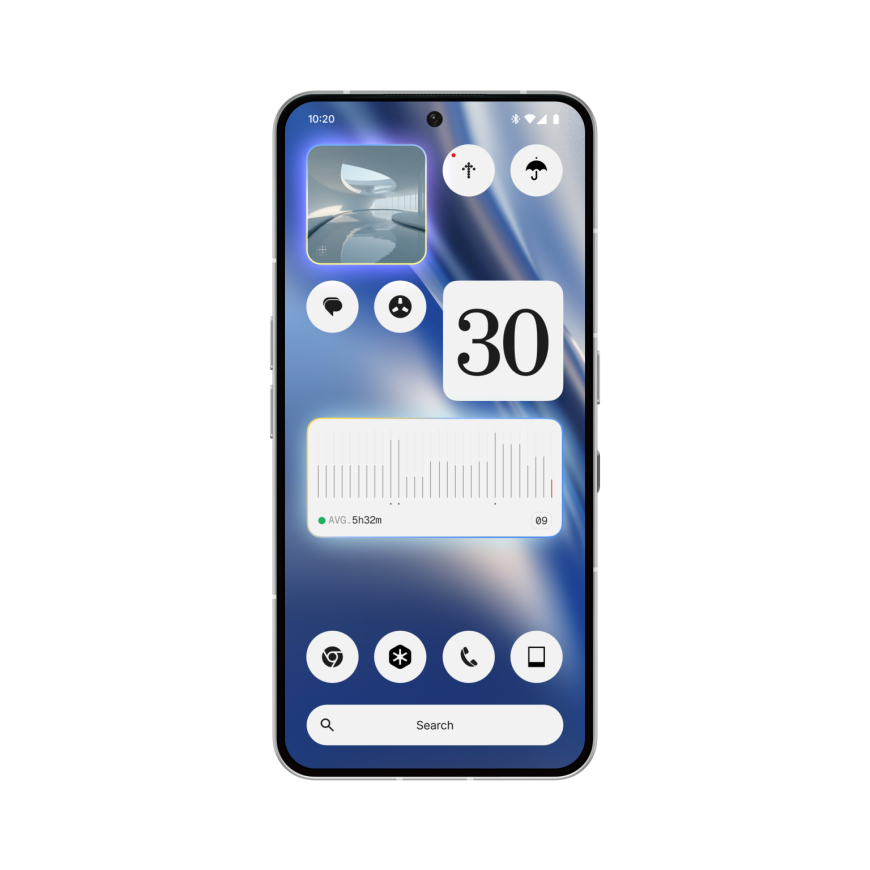
A nothing phone screen with a screen time monitor and an Art curator widget. Image Credits: Nothing
"With breakthroughs in AI, we believe that operating systems will change and become more personal. Our devices have so much context on us, but that is not being leveraged right now," he added.
Nothing has launched only one AI-enabled app so far: Essential Space lets users share screenshots, record voice notes, and receive transcriptions for meetings. It's worth noting that most modern smartphone operating systems today can do all of that and more, and if they can't, nothing stops users from simply installing AI apps on their phones.
Although it has not established a name for itself as a smartphone manufacturer, it is still a relatively small company compared to the likes of Google, Huawei, Oppo, Xiaomi, OnePlus, Apple, and Samsung. According to data from analytics firm IDC, the company has less than 1% share of the worldwide smartphone market.
But Nothing's position is advantageous. He has previously stated that the company aims to develop hardware specifically for AI use, and if it can achieve success on smartphones, building hardware tailored to specific use cases would be easier.
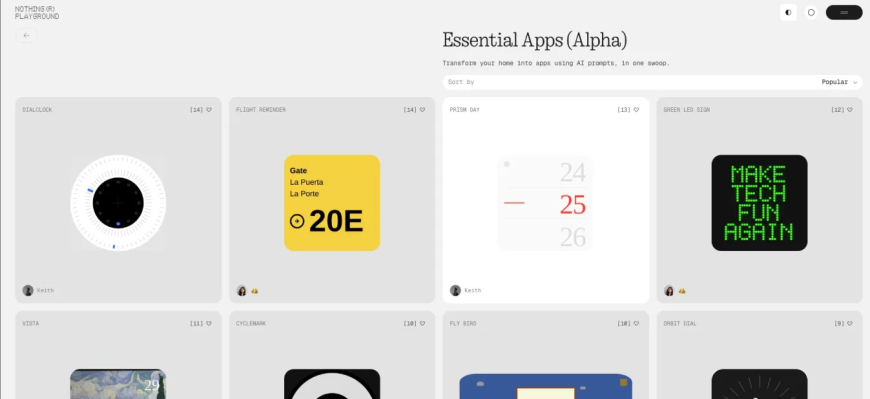
A Screenshot showing Essential apps created by the community. Image Credits: Nothing
Vibe coding is promising on paper, but so far, apps that have attempted to offer similar functionality on smartphones haven't taken off, according to data from analytics firm Appfigures, primarily due to security and maintenance concerns. Pei acknowledged this and said maintaining security while allowing developers to create apps will be crucial in the future.
"We have millions of users on our devices. So whatever we ship should be easy to use and hard to make a mistake on. That is why, for us, maintaining a level of security with these apps will be important," he said.
Currently, the company does not charge for these AI tools, and a paid tier doesn't appear to be in development at this time. Pei mentioned that the focus is on building a vibrant community around the new tool and recognising individuals who make valuable contributions.
What's Your Reaction?
 Like
0
Like
0
 Dislike
0
Dislike
0
 Love
0
Love
0
 Funny
0
Funny
0
 Angry
0
Angry
0
 Sad
0
Sad
0
 Wow
0
Wow
0





